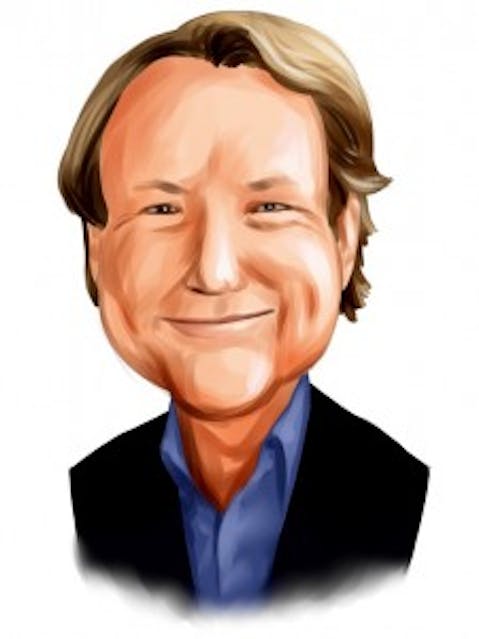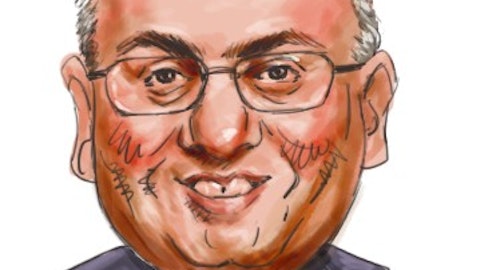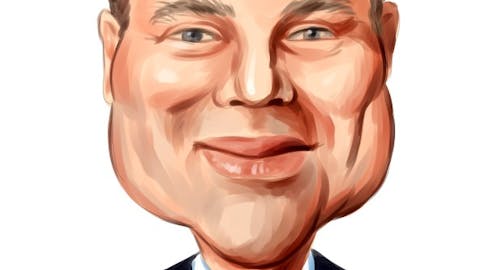
Hedge funds Kleinheinz Capital Partners Inc., and Corriente Advisors have respectively sent letters to their investors to inform them of their decision to close shop and return their money, media reports indicated. In a report by Bloomberg, the Fort Worth, Texas-based Kleinheiniz Capital which was founded by John Kleinheinz, said the hedge fund was about 65% “through the process” of liquidating its position and will return investors’ money because of declining profits. Kleinheiz told investors in his letter, “I am not enjoying running the fund as much as I used to. Managing a fund like ours requires me to do a lot of things that make me a less effective investor.”
After making billions, one of America’s richest lands at the centre of insider trading probe (Macleans)
Whether it’s making investments, collecting art or bidding for sports franchises, Steven A. Cohen has few rivals. Cohen’s hedge fund manages $14 billion in assets. His own net worth is more than $8 billion. He’s bought Picassos, Monets and Pollocks. And he recently picked up a piece of the New York Mets baseball team. But the good fortune of one of the country’s wealthiest men has come at a price: an epic legal battle with his ex-wife that offered an unwelcome look behind the scenes of his lavish lifestyle and, most recently, a brewing insider trading scandal capable of toppling his empire.
SunGard Launches Apex Prime for Single View of Hedge Fund Activity (WatersTechnology)
SunGard has released Apex Prime to help prime services providers with day-to-day processing and client services. Apex Prime is a new platform that presents prime services providers with a single view of hedge fund client activity by combining data held in fragmented systems and spreadsheets. The platform enables firms to manage trade exceptions, view security and cash positions, support flexible margining rules, calculate financing costs and generate consolidated billing and automated client reporting, says Craig Costigan, executive vice president and general manager of SunGard’s capital markets business.
Crunch time for alternative fund administrators (AsianInvestor)
Asia’s alternative fund services industry is in a state of flux, with newcomers catering to small, indigenous funds while consolidation and cost-cutting is taking place at larger providers. Administrators focusing on hedge funds are particularly vulnerable, as their income is directly tied to the AUM of their clientele. Total Asian hedge fund assets are at about $145 billion and have not yet recovered to the high of $192 billion recorded at the end of 2007. Underlining the issue are the recent departures of Andrew Gordon from BNY Mellon, where he was head of alternative and broker-dealer services for Asia-Pacific, and Stewart Bent from Credit Suisse’s prime fund services business unit in the region.
Hedge Fund Profile: Tiger Global Management (Benzinga)
In early 2012, Bloomberg profiled one of the newest, and youngest, members of the hedge fund gilded set. At just 37 years-of-age, Tiger Global Management’s Chase Coleman III finds himself among an elite set of billionaire Wall Street money-managers. Even in this rarefied company, his pedigree and track record stand out. Bloomberg confidently described Coleman as being “as close as one gets to American aristocracy.” The New York native’s privileged background provided Coleman with plenty of opportunity, but it doesn’t fully account for his staggering success. Since launching his fund at the age of 25, he has proven to be a preternaturally talented investor.
Owning hedge funds (IPE)
Pension fund investors like to complain about hedge funds. Sometimes they complain about transparency, sometimes about performance. But pretty much all the time they are complaining about fees. Progress is being made, but even so, some investors decided long ago that if they can’t beat the hedge fund industry they should join it – not by setting up in Mayfair themselves, but by buying equity stakes in hedge fund businesses and sharing the revenues. This has long been the model of several ‘seeding platforms’, which offer seed capital and operational infrastructure to start-up funds, often in exchange for a stake.





